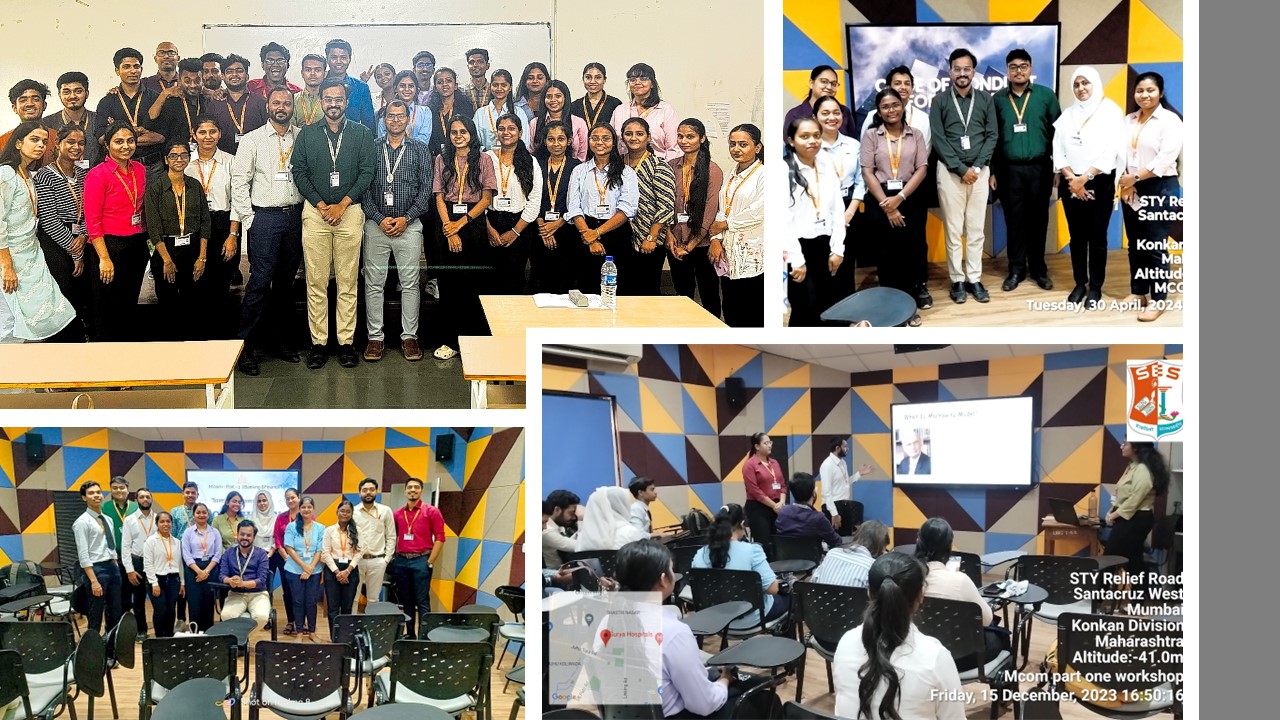“An Introduction to Data Analysis using R software and MS Excel”
The certificate course on “An Introduction to Data Analysis using R software and MS Excel” a 4 days (20 hours) intensive course was an initiative of Department of Economics.Ms. Samiksha Jadhav, Asst. Prof, Department of Economics, was the course coordinator where as Mr. Chinmay Joshi, Asst. Prof (Ad-Hoc), Department of Mathematics and Computers was the course instructor. The lectures for the same were held on 16th, 17th, 18th and 25th August, 2019.It was conducted in the college computer laboratory from 9am to 1pm. There was a huge response from the students for this course as 49 students registered and participated in it. The course covered the theory as well as practical related to soft tools in R software and MS Excel. Students also appeared for an online test conducted by the course instructor and their performances were evaluated.
“My idea behind introducing this certificate course was to equip our BA and B.Com students with data analysis tools that have practical applications in life. Students are introduced to statistical concepts and tools for data analysis at FY, SY and at TY levels through various papers. But the use of the same tools in soft wares like MS-Excel and R software is hardly taught to them through the syllabus. This certificate course was introduced to fill this lacuna in the syllabus. Also, these soft wares are available easily in the market at minimal cost, so the students can continue practicing even after the course is completed. Data analytics being an upcoming field, this certificate course is just the first step towards being Data analyst.”
Ms. Samiksha Jadhav
Course Co-ordinator
“The most important aim of the certificate course was to make students learn the use of soft tools. On completion of this certificate course, students are now able to perform basic data analysis activities using soft tools. Now students are able to use the functions like data sorting, data simulation, regression, graphs etc.,using R-software and MS Excel. They can create their own data and clean the data using the above tools. They are well equipped to understand the use of data and soft tools and ready to take the challenge for becoming Data Magicians.”
Mr. Chinmay Joshi
Course Instructor







